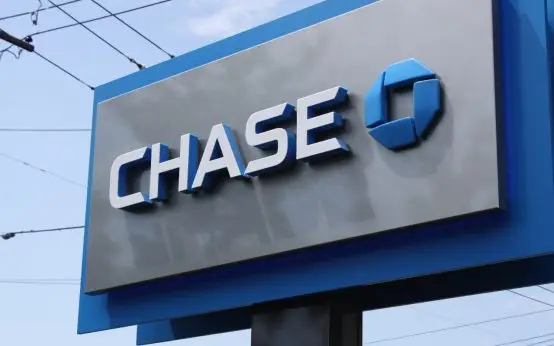
Establishing commercial credit may assist businesses of all sizes handle its cash flow and finances without being influenced by (or having an impact on) the owner’s personal credit. Commercial credit can be the greatest option if you’re sick of having to utilize your personal credit to release money.
Here are some things you need to know about establishing commercial credit for your business’s future.
What Is Commercial Credit?
Business credit is also referred to as “commercial credit,” and it is based on the credit and payment history of the company rather than the owner. There are benefits to building commercial credit as opposed to using your consumer credit record even if you are a one-person firm.
Business credit cards, for instance, are helpful for handling everyday duties associated with a business, such as tracking expense reports, buying supplies, and acquiring products or inventory.
Your commercial credit accounts will often not need a personal guarantee, and you will have accessibility to business-specific credit lines, credit cards, vendor accounts, and other tradelines. When requesting for commercial loans using your company credit history, neither your personal credit score nor your capacity to repay is considered.
How to Improve Your Business Credit
You’ll probably want to obtain business credit right away now that you are aware of its potential benefits.
Unfortunately, it can be challenging for a company owner to apply for high-limit commercial credit accounts or corporate credit card accounts after merely having a personal credit record.
But if the business employs these recognized techniques for establishing commercial credit, it’s not impossible.
Establish your business properly
If you haven’t yet completed the necessary paperwork to register your business, choosing the appropriate entity type will give you a leg up straight away. For small firms, this usually refers to an S-corporation or an LLC that is subject to S-Corp taxation.
Even while many businesses begin as sole proprietorships, this connects your credit to your profile page and holds you (rather than your business) accountable for credit actions.
If your firm is spanking fresh, start with the appropriate organizational structure straight away, even if it costs more money. If you have been in business for some time, you might think about starting the incorporation process now to make things simpler in the future.
A distinctive business name that hasn’t already been registered in your state should be purchased, along with a physical location and a phone number that may be used for all formal business correspondence. Never utilize your current personal contact information; instead, set up a new address and phone number just for work.
Obtain a DUNS and EIN number.
When conducting business and obtaining a commercial credit account, you’ll frequently utilize two numbers: your Employer Identification Number (EIN) and DUNS Number. The IRS uses an EIN for tax filing and tracking purposes.
Through the IRS website, you may submit a free application to get this number. You may register in a matter of minutes, and you’ll immediately have your new EIN.
Establish a distinct business bank account.
It’s time to update if you’ve been using a personal checking account for bill payment and client payments. The categorization of a personal account is insufficient for creating a commercial credit history, even if it has solely been used for business purposes.
Find out how to make the transition from your existing bank or credit union.
You may also:
- Consider a Business Credit Builder Loan
- Get Net 30 Vendor Accounts
- Apply for Business Credit Cards and Loans
- Always Pay on Time
- Keep track of your Business Credit



 5 SUVs With Some of the Lowest Estimated Monthly Payments in 2025 (Full Guide)
5 SUVs With Some of the Lowest Estimated Monthly Payments in 2025 (Full Guide)  Subaru Auto Loans
Subaru Auto Loans  CHASE AUTO LOAN — Smart Financing for Your Next Ride
CHASE AUTO LOAN — Smart Financing for Your Next Ride